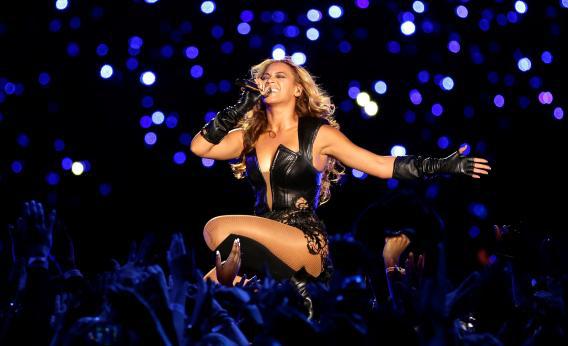This morning my roommate and I, along with, judging by the Twitter reaction, a lot of other people, had the distinctly unpleasant experience of trying to purchase tickets to Beyonce’s upcoming tour. Presale tickets on Beyonce’s website went up for grabs this morning at 10 a.m. for much of the Eastern Seaboard. At 9:58 a.m., the site started giving service errors, and 30 minutes later my roommate was finally able to access the tickets page, only to find that all the regular tickets had been sold out.
This isn’t a new problem. What, then, can large concert venues do instead? One option of course is to raise prices, but assuming promoters have some good reason for their current pricing strategy they should use a lottery system to distribute the tickets.
It’s a system that all large venues—concert halls, sporting complexes, and the like—would benefit from. The Verizon Center, Beyonce’s D.C. venue, is using a lottery system to distribute some of the tickets left over after the presale. My alma mater uses a similar system for distributing football season passes to students. It’s a win-win: The venue loses the headache of servers crashing and dealing with (as many) angry customers, while customers lose the burden of feeling personally responsible for a system that is essentially dictated by chance.
Obviously a lottery system wouldn’t be necessary for smaller shows with less demand. But at larger venues, a real lottery system would be a lot more efficient and less stressful than the de facto lottery system of thousands of people constantly refreshing their browsers and hoping a site loads.
